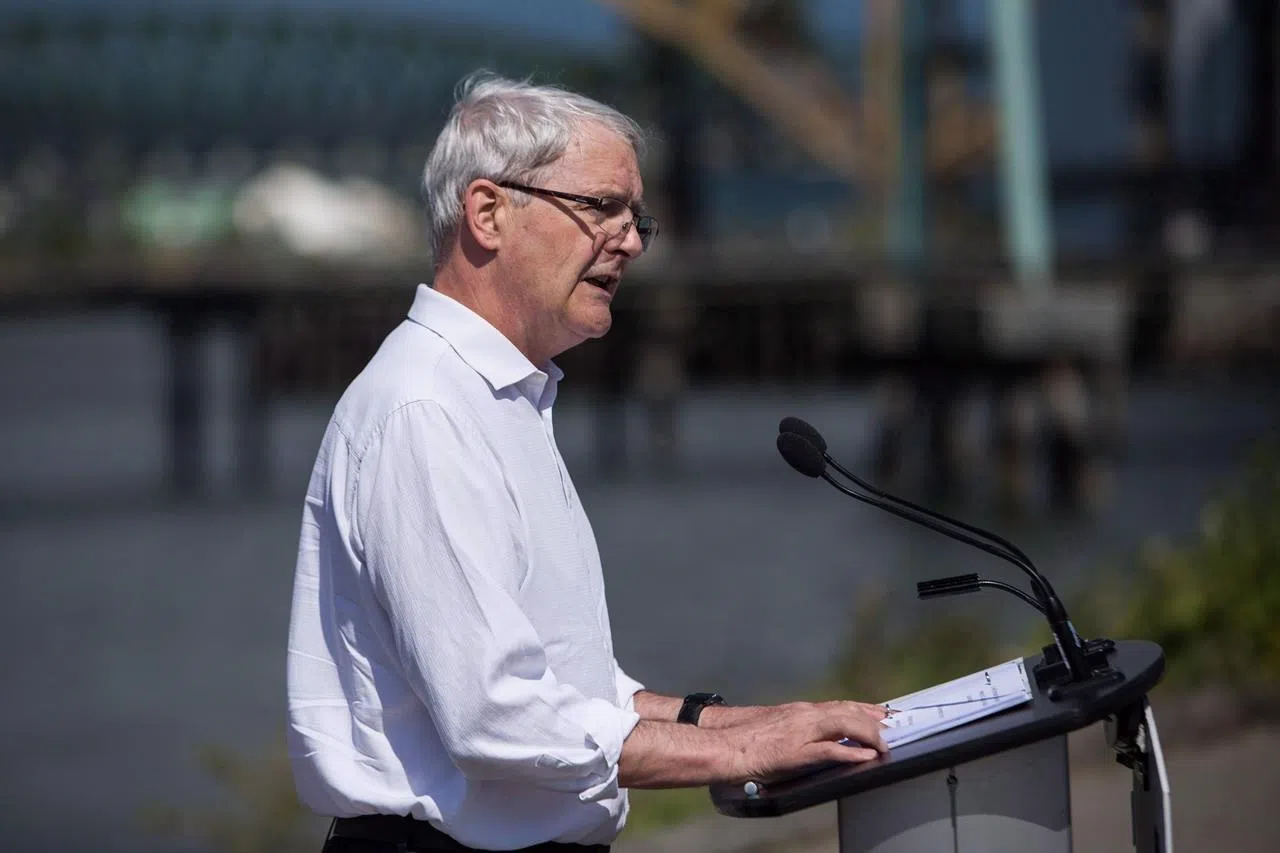
Plan to triage asylum seekers stalled by Ontario provincial election
OTTAWA — A plan to “triage” asylum seekers crossing the Canada-U.S. border illegally, in an effort to move some migrants out of Quebec and into Ontario, has stalled because Ontario is in the midst of a provincial election.
Federal Transport Minister Marc Garneau says Ontario civil servants have been working on details of the plan with the federal government and Quebec, but nothing can be finalized until a new provincial government is in place.
“There’s a lot of very hard work being done by civil servants who work for Immigration Ontario to look at the whole issue of the triage, which is more than just a reception centre. It’s the whole process of absorbing people who want to go to Ontario. And that entails resources — financial resources, and other kinds of resources, manpower resources,” Garneau told reporters Wednesday.
“There is an election going on and, when it’s all in place, there will be a requirement to get the new government of Ontario, whatever that government is, to sign onto that.”



